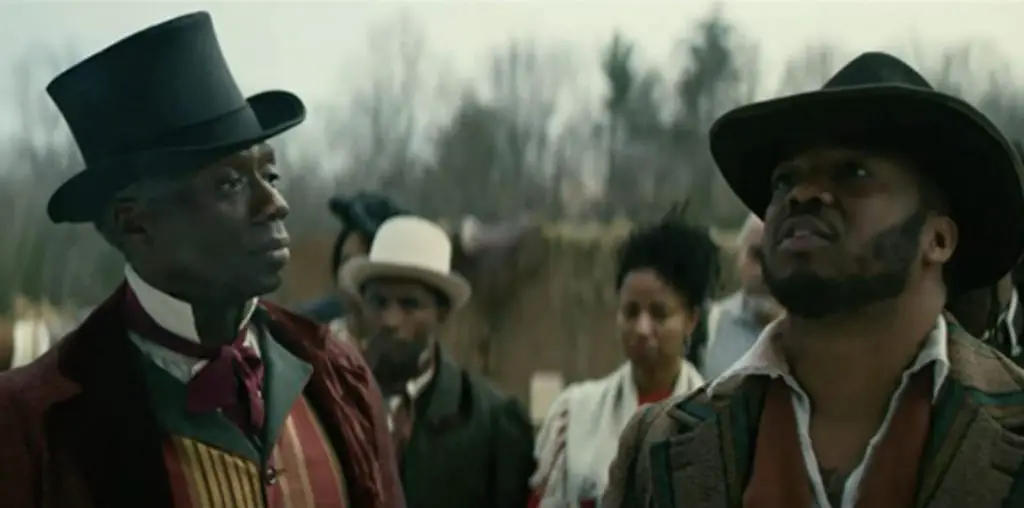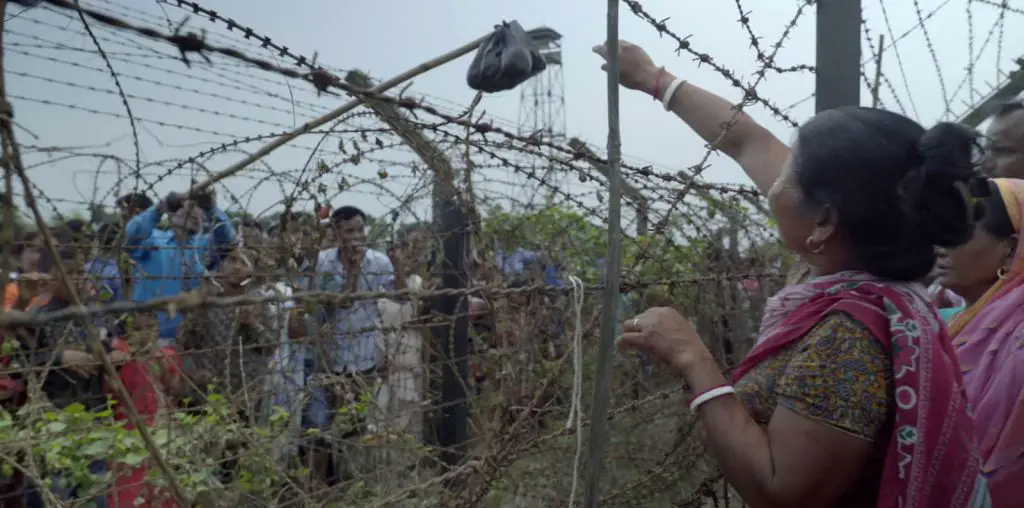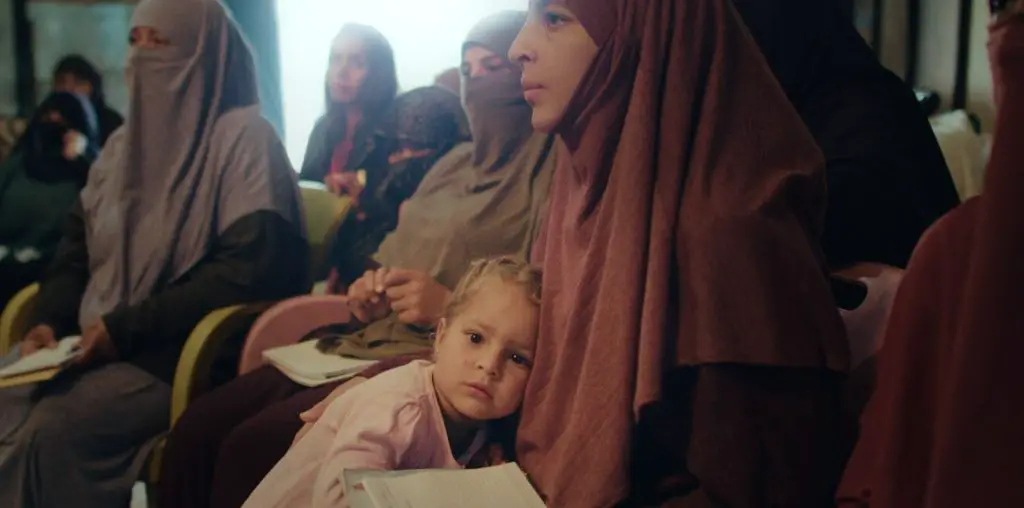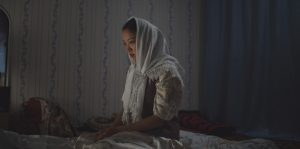
We all know that slavery still exists, right? It’s either not visible to us or is not happening in our immediate sphere of influence. Yet, it’s still there and largely ignored. In her short film, Ala Kachuu (Take and Run), filmmaker Maria Brendle’s version of slavery is the centuries-old practice of arranged marriages.
Sezim (Alina Turdumamatova) is a nineteen-year-old woman from Kyrgyz with a promising future as she prepares for college exams in hopes of receiving a scholarship. Unfortunately, her mother will have nothing of it and instead promises Sezim as wife to Dayrbek (Nurbek Esengazy Uulu). Mother warns Sezim that she must go through with the marriage or, otherwise, bring dishonor to her family, specifically for her mother.
That night, Sezim runs away to the city and decides to stay there for good. However, after taking the exams and finding a job, Sezim is kidnapped by her promised husband and, after a few escape attempts, is “persuaded” by Dayrbek’s mother that she has no choice but to marry her son.
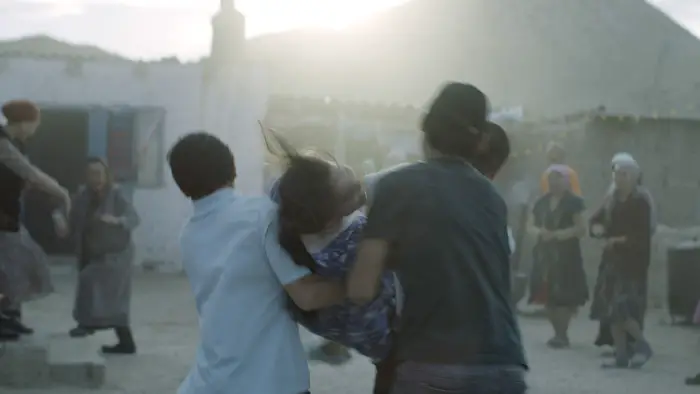
“…warns Sezim that she must go through with the marriage or, otherwise, bring dishonor to her family…”
Ala Kachuu is a straightforward story of the plight of thousands of young women around the world. The issue is blatant with no nuance. It’s horrible, and writer/director Brendle masterfully pulls out the emotion from Sezim’s story. She first orchestrates the feeling of hope and freedom and quickly brings us to a state of hopelessness, fear, and anger through the traumatic kidnapping and enslavement. While living on Dayrbek’s remote farm, Sezim is always under the watchful eye of Dayrbek’s mother, whose only goal is to have grandchildren.
It would have been too easy to make Dayrbek an evil, abusive tyrant. Instead, she gives him a tiny smidge of likability to show that losing one’s freedom is a violent act in and of itself. The horror of the situation does not need the aid of age-old narrative tropes. Alina Turdumamatova is brilliant in her emotional performance of Sezim. For a message-based story, both Turdumamatova and Brendle powerfully get their point across in Ala Kachuu. As we brood over past sins, we can not forget that this sin still goes on today.
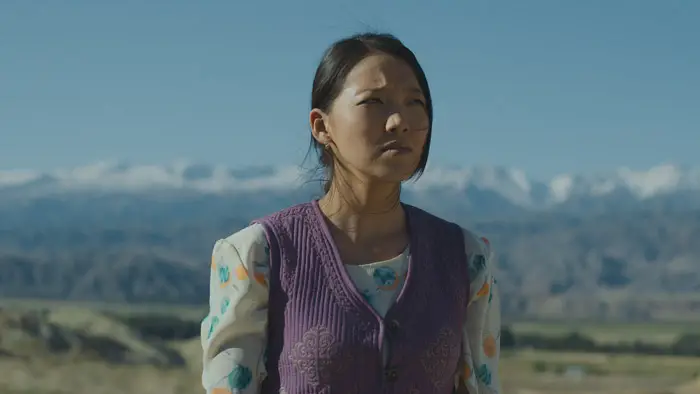
"…the horror of the situation does not need the aid of age-old narrative tropes."
